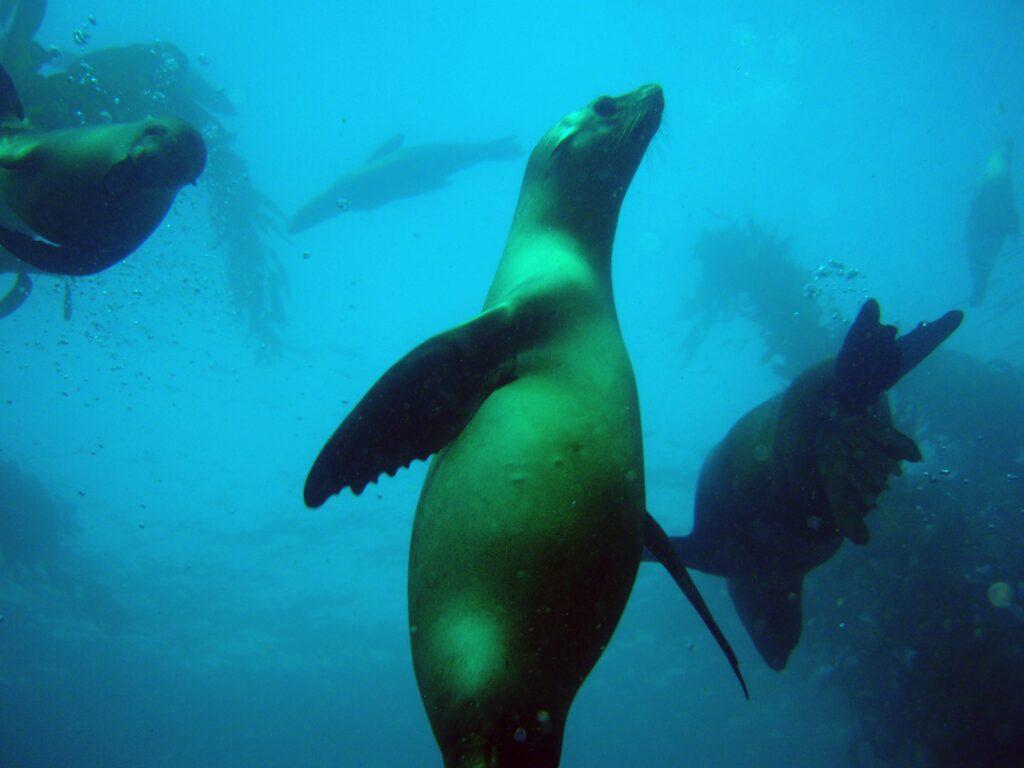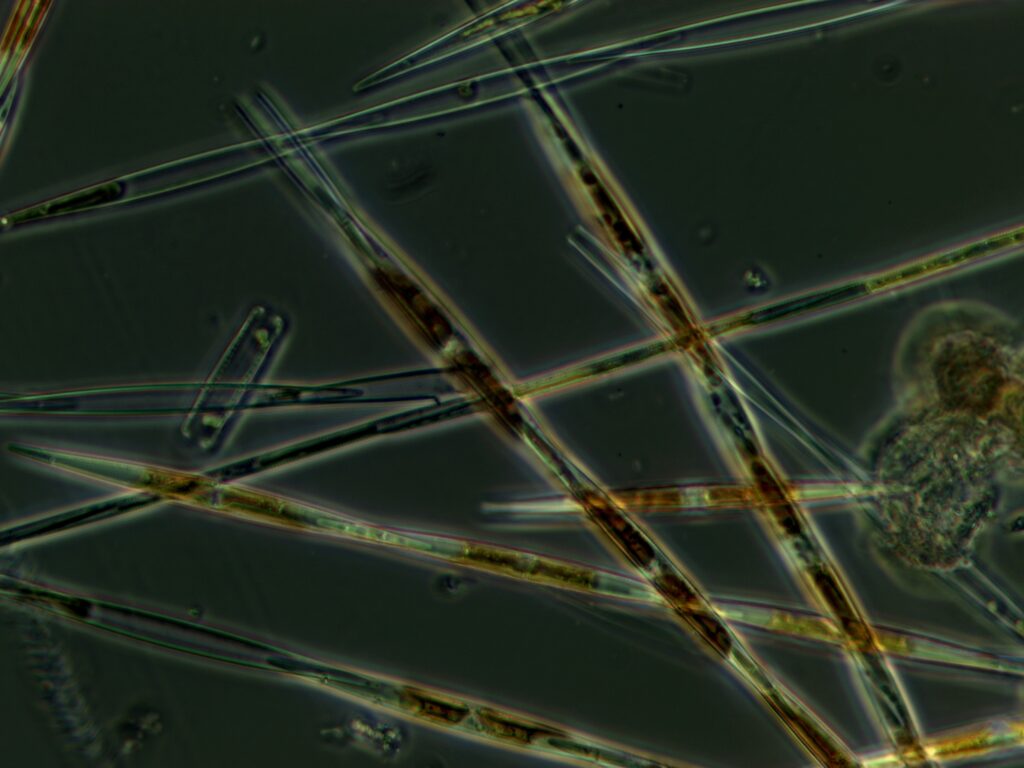The California sea lion (Zalophus californianus) is a marine mammal that has existed for about 220,000 years. Found along the western coast of North America, from British Columbia to Mexico, sea lions are known for their playful behavior, agility, and strong swimming abilities. They can dive to impressive depths and often gather in large, noisy colonies on beaches, docks, and buoys, where their distinctive barking can be heard.

In 1987, Canada experienced the first recorded outbreak of a marine neurotoxin known as domoic acid. This toxin originates from certain species of algae, first isolated in Japan in 1959 from a red alga. Domoic acid accumulates in shellfish that feed on toxic phytoplankton, and when consumed, it can cause neurological symptoms such as memory loss, seizures, and comas. During the 1987 outbreak, over 150 people in Canada suffered these symptoms, and there were even reports of marine animals exhibiting aggressive behavior toward humans.

Some may ask, “Why should we care if sea lions are affected, as long as humans aren’t?” The truth is, this crisis does affect us, even if not immediately. Though domoic acid’s origin isn’t directly caused by humans, climate change has greatly worsened its spread. The toxin thrives in warmer waters, and runoff from agricultural fertilizer, sewage, and other pollutants further fuels harmful algal blooms. Our contribution to rising ocean temperatures and nutrient pollution has accelerated these conditions, making toxic outbreaks more frequent and severe.
Sea lions are apex predators and play a vital role in maintaining balance within marine ecosystems. They help control fish populations, support biodiversity, and serve as prey for larger predators, making them essential to a healthy and stable ocean food web.
The rise of biotoxins in California sea lions is a powerful reminder that what happens in the ocean ultimately affects us. If these animals continue to suffer at such alarming rates, it’s only a matter of time before humans experience the consequences as well. Change begins with us—our daily choices and environmental actions can help create a healthier future, not just for ourselves, but for all the creatures that share our planet’s oceans.